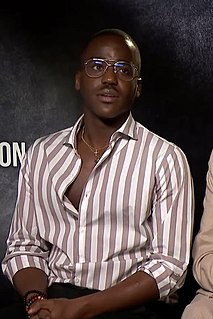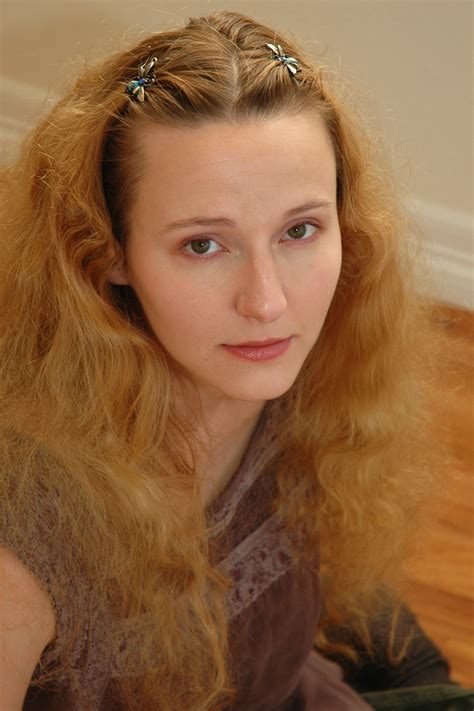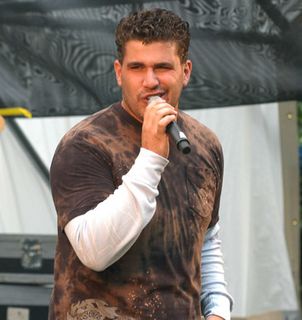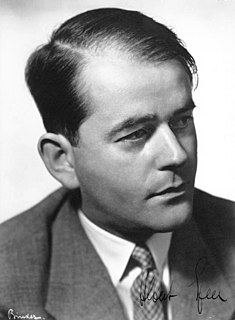A Quote by Ernest Hemingway
I had seen nothing sacred, and the things that were glorious had no glory and the sacrifices were like the stockyards at Chicago if nothing was done with the meat except to bury it.
Related Quotes
I was always embarresed by the words 'sacred,' 'glorious,' and 'sacrifice' and the expression 'in vain.' We had heard them, sometimes standing in the rain almost out of earshot, so that only the shouted words came through, and had read them on proclamations that were slapped up by billposters over other proclamations, now for a long time, and I had seen nothing sacred, and the things that were glorious had no glory and the sacrifices were like the stock yards at Chicago if nothing was done with the meat except to bury it.
I mean, the thing about Guns N' Roses was that it wasn't trying to attach itself to the '80s, or anything that had to do with the '80s. It's just who we were at that time. We were doing what we wanted to do. That had really nothing to do with anything around us, except for the simple fact that we were rebelling against that stuff.
The paintings that laughed at him merrily from the walls were like nothing he had ever seen or dreamed of. Gone were the flat, thin surfaces. Gone was the sentimental sobriety. Gone was the brown gravy in which Europe had been bathing its pictures for centuries. Here were pictures riotously mad with the sun. With light and air and throbbing vivacity. Paintings of ballet girls backstage, done in primitive reds, greens, and blues thrown next to each other irreverantly. He looked at the signature. Degas.
From the little reading I had done I had observed that the men who were most in life, who were molding life, who were life itself, ate little, slept little, owned little or nothing. They had no illusions about duty, or the perpetuation of their kith and kin, or the preservation of the State. They were interested in truth and in truth alone. They recognized only one kind of activity - creation.
He was having more fun than a barrelful of monkeys.* *Several years earlier Spider had actually been tremendously disappointed by a barrelful of monkeys. It had done nothing he had considered particularly entertaining, apart from emit interesting noises, and eventually, once the noises had stopped and the monkeys were no longer doing anything at all—except possibly on an organic level—had needed to be disposed of in the dead of night.
I knew I had found my life's passion after writing my first column for The Washington Post. The response was like nothing we had seen in the business section. Everyday people were writing that finally someone was speaking to them in a way that was understandable. I think we were all shocked at how many readers wrote in to say that they too had a Big Mama who taught them about money.
I didn't like what was on TV in terms of sitcoms?it had nothing to do with the color of them?I just didn't like any of them. I saw little kids, let's say 6 or 7 years old, white kids, black kids. And the way they were addressing the father or the mother, the writers had turned things around, so the little children were smarter than the parent or the caregiver. They were just not funny to me. I felt that it was manipulative and the audience was looking at something that had no responsibility to the family.
The Americans had not played a very prominent part in the war of 1914-1918, he (Adolf Hitler) thought, and moreover, had not made any great sacrifices of blood. They would certainly not withstand a trial by fire, for their fighting qualities were low. In general no such thing as an American people existed as a unit; they were nothing but a mass of immigrants from many nations and many races.






































